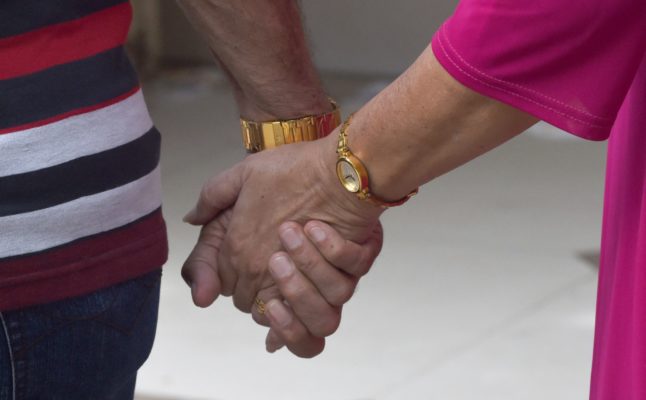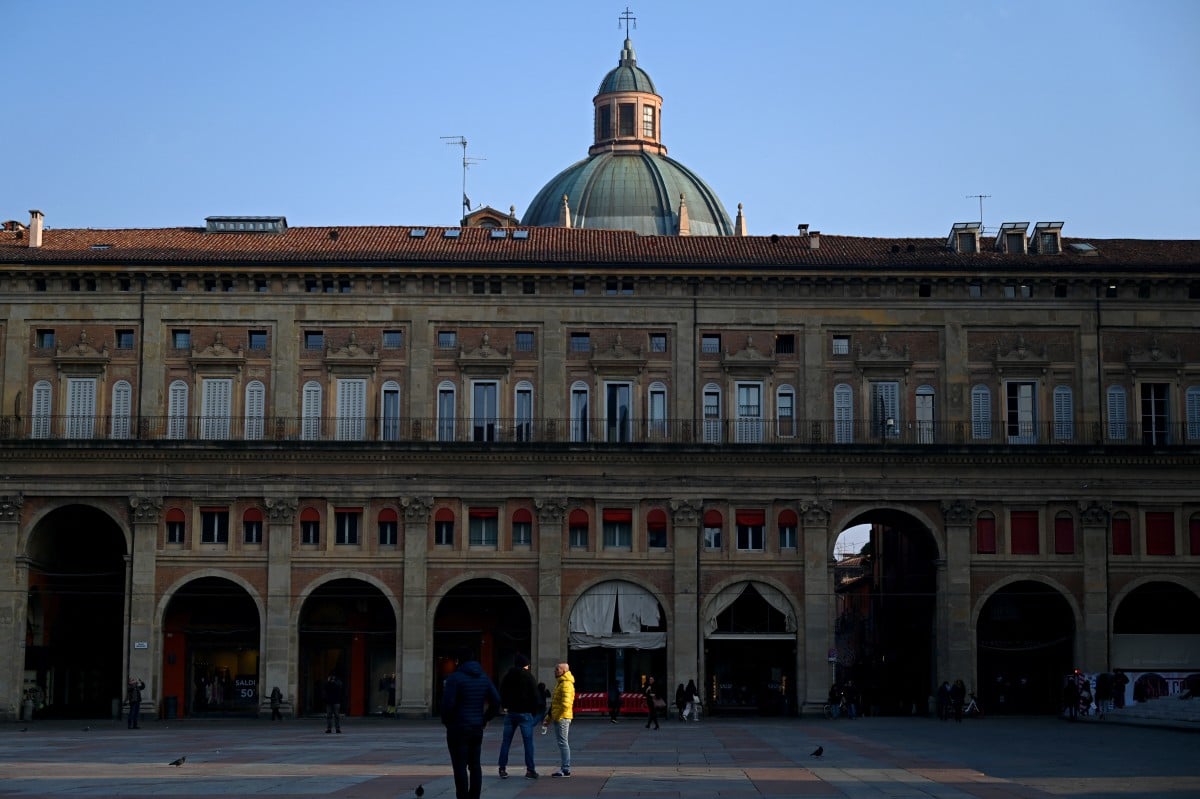Estate agencies around Italy say that requests and online searches for country homes increased by 20 percent between February and April, according to a study published in the May issue of “Ville & Casali” magazine.
Spending eight weeks shut indoors in some of western Europe's smallest and most overcrowded apartments has apparently left many Italians rethinking their choice of living quarters.
While more than half of all people in Italy currently live in blocks of flats – a higher percentage than in neighbouring European countries – it seems that this could be about to change.
“This awareness has turned attention towards housing solutions that bring us back into contact with a rural model of living,” the magazine's editor, Giovanni Morelli, told Sky TG24.
He added that the sudden rise of “smart working”, or working remotely, under lockdown was a factor in the surge of people looking to get out of the city.

Photo: AFP
Monferrato and the Langhe were among the regions most popular with young couples, the study found, a factor “perhaps also driven by price differences per square metre with cities like Milan,” TG24 wrote.
Other popular areas among those dreaming of the good life included the Piacenza hills, the Emilian Apennines, and the Florentine hills or, at a higher price range, Chianti.
In Italy, rural homes have long been perceived as the preserve of retirees – as well as foreign second-home owners – but this may not be the case for much longer.
The survey highlighted a rising trend among young people (20 percent more than during the same period in 2019) hoping to move away from urban areas, the report said.
Italy has a large stock of older, often rural properties which have long proved difficult to sell in a market where apartments and new-build homes are more in demand.
There are also hopes that a move towards remote working and living outside of towns and cities could also mean that many of Italy's small, rural villages, famously at risk of becoming ghost towns and offering homes for sale for as little as one euro, will once again become attractive places to live for Italians.
Engineers and infrastructure experts currently looking at ways to reshape Italy following the pandemic believe people will be increasingly turning away from city life.
READ ALSO:
“Cities have proved fragile spaces in sanitary terms,” the council's head Armando Zambrano told AFP.
He suggested investment to encourage a return to the countryside, revitalising hundreds of abandoned towns across Italy, and improving internet connections to encourage working from home.
But it may take some time before we see whether the rise in searches will translate into increased sales of country homes – or whether it's just a form of escapism for people under lockdown in cramped apartments.
While estate agencies are now back open across the country as of May 4th, many house purchases remain on hold or delayed due to the impact of the shutdown.




 Please whitelist us to continue reading.
Please whitelist us to continue reading.
Well, I confess to being one of the searchees:) ! It is a mix of dreaming, but also practical changes brought about by this crisis. With the closure of private asilo nido combined with capacity to work from home, we no longer have anything tying us to to the city, so thinking of finally making a long planned for move back, maybe back to region my husbands family has lived for generations. In our case, at some stage probably will result in an actual property sale sooner than we had otherwise planned.